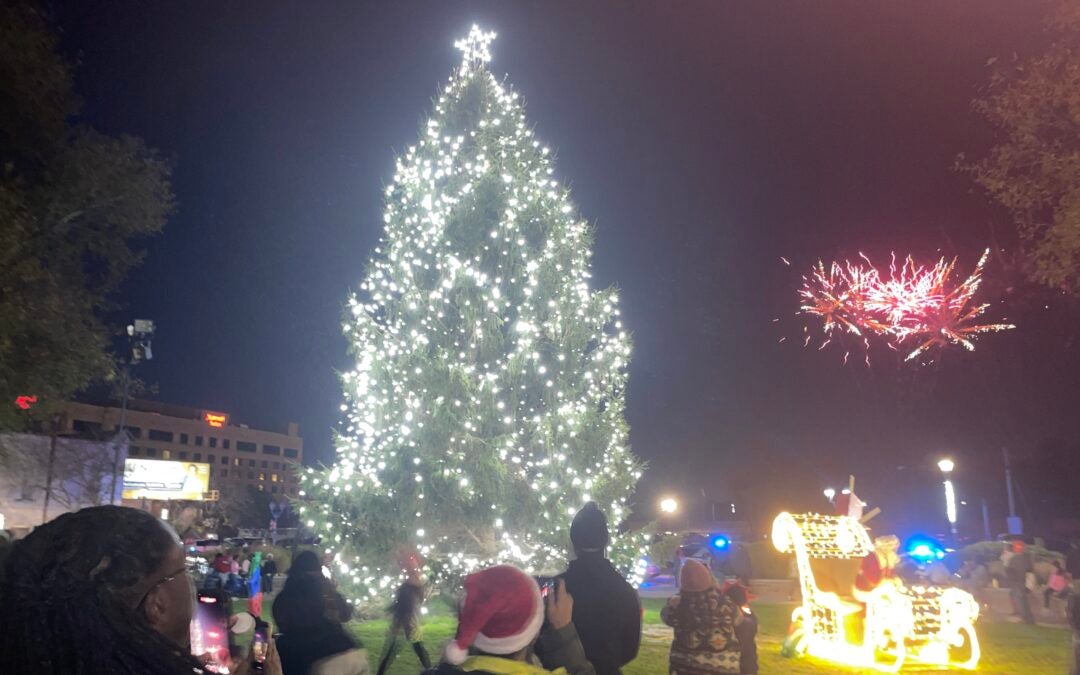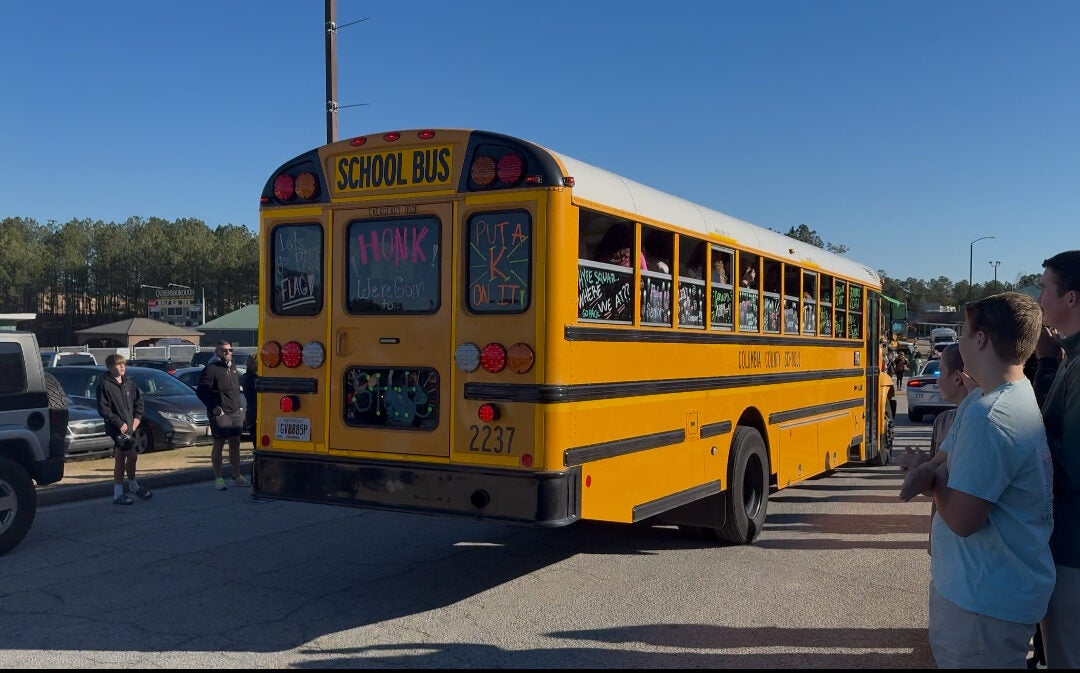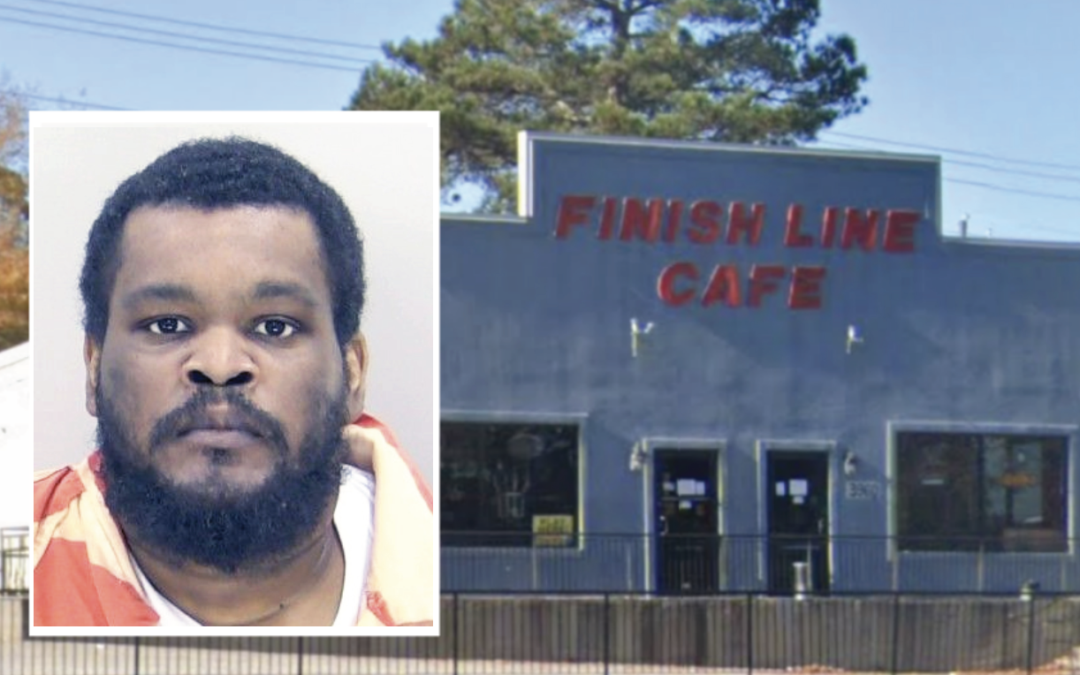After weighing the pros and cons, Augusta leaders are considering leaving short-term rentals alone, for now.
A few horror stories about rentals gone awry, such as a drug overdose and shooting, prompted the Augusta Commission to schedule a two-part workshop on regulating the rentals.
Cities around the world are clamping down on them by limiting short-term stays or the number of stays per year. Others require a costly license and insurance policy or permit to rent a second residence.
But after considering the options, and despite the presence of hundreds of Airbnbs and golf tournament rentals, Planning and Development Director Carla DeLaney said Monday she does not recommend trying to regulate them in Augusta.
“We think this is something that warrants being watched, but we don’t recommend writing an ordinance at this time,” DeLaney said.
The director said currently the bulk of Augusta rentals take place for two reasons: the Masters Tournament and high school and college graduations.
The ordinances generally apply to stays, for a fee, of less than 30 days in a private residence or dedicated vacation rental. The rentals may be “hosted,” in which the owner remains on the premises, or un-hosted.
They do not regulate hotels, motels, traditional bed and breakfasts or boarding houses, DeLaney said.
Pros and Cons
The benefits of regulation are the maintenance of community, quality of life and tranquility of a residential neighborhood. When renters are coming and going frequently, it can erode the fabric of a community, she said.
Regulation also levels the playing field with hotels or other traditional lodgings, which are subject to regulations, she said. It can be used to generate revenue to cover the influx of people and associated public safety concerns.
Finally, it creates additional housing options, such as during the pandemic when traditional housing was in short supply.
But it’s not really a solution to the shortage of affordable housing, she said, as staying long-term in a short-term rental is costly.
In addition, regulating what people do with their homes may be seen as infringing on their property rights, limiting a homeowner’s income and adding the administrative burden of enforcement, she said. It carries the risk of driving the rentals underground, she said.
Special event venues excluded
Mayor Garnett Johnson said a few neighbors had complained to him about the rentals. He also mentioned Columbia County’s recent clash with a suburban homeowner.
Columbia County fined and gave probation to an Augusta University professor for using his $1.5 mansion as an event venue not permitted in a residential zone.
The county also is watching short-term rentals, but has no immediate plans for an ordinance, Deputy County Manager Matt Schlacter said after the trial.
Owner Gurisman Walia advertised his home on airbnb. But in reality, he was doing more than renting his house for short-term stays.
“There’s a reason why people live in residential neighborhoods and not commercial districts. People don’t want an events center next to their house,” Schlacter said.
Sit-and-watch phase
In Richmond County, short-term rentals haven’t reached the point of concern, several officials said Monday.
“We’re in a sit-and-watch phase as well,” said Chief Appraiser Scott Rountree.
If the volume greatly increased – his example was the J.B. Whites building becoming 90% Sirbnbs – it might be time to reconsider how the property is appraised, he said.
Richmond County Sheriff’s Col. Calvin Chew said the office had had “minimal calls” related to short-term rentals.
Scott Peebles, chief deputy with the Richmond County Marshal’s Office, said the office had seen “no impact” from the rentals.
Augusta Fire Chief Antonio Burden said so long as a rental stays within occupancy limits, it remains outside the department’s jurisdiction.












